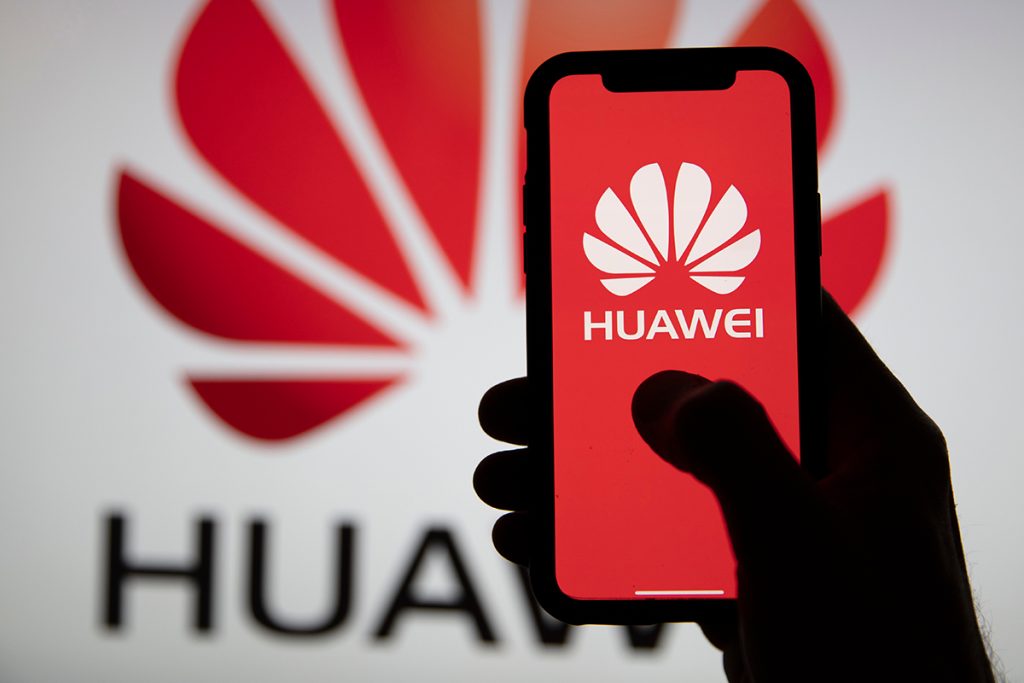Germany has declared a phased removal of components produced by China’s Huawei and ZTE from its 5G wireless network over the next five years. This major move is anticipated to further strain Germany’s already complex relationship with China, the world’s second-largest economy. Leading mobile network operators like Vodafone, Deutsche Telekom, and Telefonica have committed to removing these components from their 5G core networks by the close of 2026.
The removal plan will also encompass the physical components of the 5G network, including transmission lines and towers. By the end of 2029, these elements must be cleared from the access and transport networks. This thorough phase-out is part of Germany’s broader strategy to secure its telecommunications infrastructure against potential security threats.
Interior Minister Nancy Faeser emphasized the urgency of this initiative, stressing the importance of protecting Germany’s communication systems for its citizens, businesses, and government. The German government highlighted the necessity for a secure and resilient telecommunications infrastructure to prevent sabotage and espionage. To address security vulnerabilities and dependencies, Germany plans to partner with more reliable manufacturers in the future.
Huawei responded to this decision by asserting that there is no specific evidence or scenario proving its technology poses cybersecurity risks. The company reiterated its commitment to working constructively with customers and partners to enhance cybersecurity and support the digitalization of mobile networks in Germany. However, ZTE has not issued a statement on this matter.
This move could further strain the relationship between Germany and China, its largest trading partner. Recently, Germany blocked the sale of a Volkswagen subsidiary to a Chinese state-owned enterprise on national security grounds, prompting strong criticism from Beijing. Additionally, China is embroiled in a trade dispute with the European Union, which recently increased tariffs on Chinese electric vehicles. A spokesperson for China’s Ministry of Foreign Affairs condemned the politicization of economic, trade, and technological issues, warning that it would disrupt normal technological exchanges.
Germany’s approach to Huawei and ZTE has been slower compared to other major economies. The United States, United Kingdom, Australia, and Japan have already banned Huawei from their 5G networks over concerns that Beijing could use Chinese tech companies for espionage. The US placed Huawei on a trade restriction list in 2019, complicating the company’s ability to procure semiconductor chips from American suppliers. These restrictions were further tightened earlier this year.
According to Huawei’s annual report, Europe, the Middle East, and Africa accounted for 21% of its revenue last year. This phase-out in Germany could potentially impact Huawei’s market share in the region, given Germany’s significant role in the telecommunications sector.
The German government’s decision is viewed as a proactive measure to enhance national security and reduce dependence on foreign technology that could be compromised. This aligns with a broader global trend of scrutinizing and regulating the participation of Chinese companies in critical infrastructure projects.
As Germany proceeds with this phase-out, the telecommunications industry will undergo significant transformations. Mobile network operators will need to identify alternative suppliers for their 5G infrastructure to ensure a smooth transition that does not disrupt services. The German government is expected to assist in these efforts to uphold the integrity and reliability of its telecommunications network.
Germany’s plan to eliminate Huawei and ZTE components from its 5G network marks a decisive step in safeguarding national security and establishing a secure telecommunications infrastructure. While this move may strain relations with China, it underscores the need to protect critical infrastructure from potential threats and ensure the reliability of communication systems for the future.


